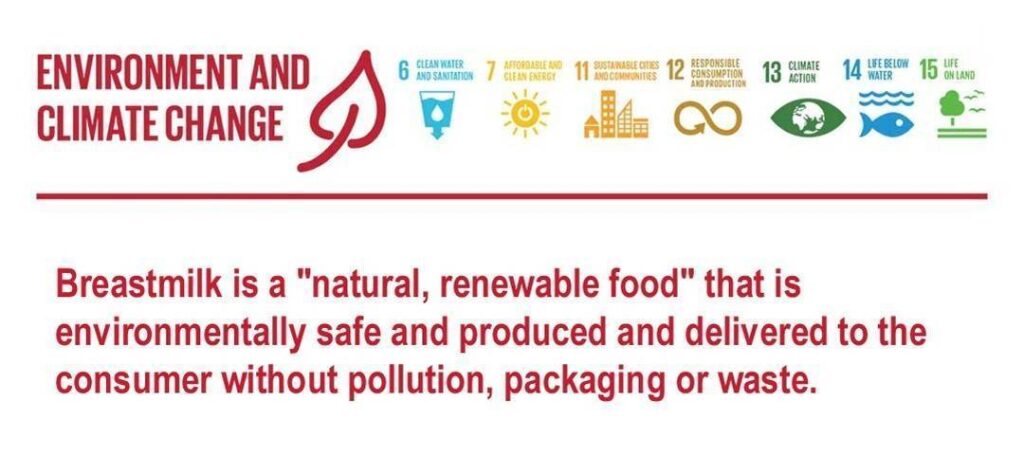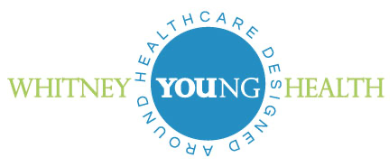
March marks National Nutrition Month, a month dedicated to focusing attention on the importance of making informed food choices and developing sound eating and physical activity habits. This year’s them is “Good Further with Food”- a theme all about food waste. This week we have Kelsey Munn, RD, CDN, CLC, Whitney Young Health’s WIC Breastfeeding Coordinator discuss how breastfeeding is not only good for your infant, but for the earth as well.
Deciding to breastfeed is a demanding choice that requires support from your friends, family, and health professionals, confidence in your ability to feed your infant, and knowing what to do. Most women take into account how healthy it is for their infant, without even considering how healthy it is for themselves, their family, the economy, and even the earth.
The International Baby Food Action Network’s (IBFAN) has written a paper “Formula for Disaster Weighing the Impact of Formula Feeding vs Breastfeeding,” is all about formula and its effects on the environment. “Human milk is not skimmed, processed, pasteurized, homogenized, packaged, stored, transported, repackaged, dried, reconstituted, sterilized or wasted… It requires no fuel for heating, no refrigeration, and is always ready to serve at the right temperature. In short, it is the most environmentally friendly food available.” (Francis and Mulford 2000).
Formula not only requires cow’s milk or soybeans, and the resources to produce the cow’s milk or soybeans, but also the transportation of the product, and the cardboard, plastic, and aluminum to package it.
While formula has a place in some situations, the World Health Organization (WHO) and the Academy of American Pediatricians (AAP) still continue to recommend that infants should be exclusively breastfed and given no other food or drink for the first six months of life. Thereafter, they should be given nutritious complementary foods and continue breastfeeding up to the age of two years or beyond.
Breastfeeding produces zero-greenhouse gases, wastes zero water or land, and this all leads to a happy and healthier planet.
—
To read more about breastfeeding, formula, and the environment, view Kelsey’s resources for this blog:
http://ibfan.org/docs/FormulaForDisaster.pdf
http://www.who.int/nutrition/events/2016_bfhi_congress_presentation_globalpolicycontext_branca.pdf
http://www.waba.org.my/resources/activitysheet/acsh1.htm
http://www.who.int/mediacentre/news/statements/2011/breastfeeding_20110115/en/
https://www.eatright.org/health/pregnancy/breast-feeding/breast-feeding-benefits-for-baby-and-mom
